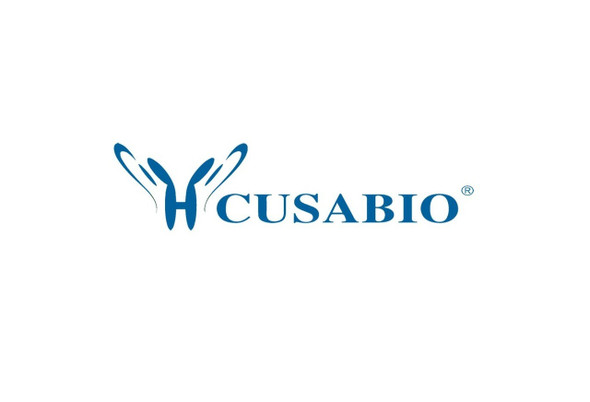Cusabio Polyclonal Antibodies
PHYH Antibody | CSB-PA869605
- SKU:
- CSB-PA869605
- Availability:
- 3 to 7 Working Days
Description
PHYH Antibody | CSB-PA869605 | Cusabio
PHYH Antibody is Available at Gentaur Genprice with the fastest delivery.
Online Order Payment is possible or send quotation to info@gentaur.com.
Product Type: Polyclonal Antibody
Target Names: PHYH
Aliases: phytanoyl-CoA 2-hydroxylase
Background: This gene is a member of the PhyH family and encodes a peroxisomal protein that is involved in the alpha-oxidation of 3-methyl branched fatty acids. Specifically, this protein converts phytanoyl-CoA to 2-hydroxyphytanoyl-CoA. Mutations in this gene have been associated with Refsum disease (RD) and deficient protein activity has been associated with Zellweger syndrome and rhizomelic chondrodysplasia punctata. Alternate transcriptional splice variants, encoding different isoforms, have been characterized.
Isotype: IgG
Conjugate: Non-conjugated
Clonality: Polyclonal
Uniport ID: O14832
Host Species: Rabbit
Species Reactivity: Human
Immunogen: Fusion protein of human PHYH
Immunogen Species: Human
Applications: ELISA, IHC
Tested Applications: ELISA, IHC;ELISA:1:1000-1:2000, IHC:1:25-1:100
Purification Method: Antigen affinity purification
Dilution Ratio1: ELISA:1:1000-1:2000
Dilution Ratio2: IHC:1:25-1:100
Dilution Ratio3:
Dilution Ratio4:
Dilution Ratio5:
Dilution Ratio6:
Buffer: -20°C, pH7.4 PBS, 0.05% NaN3, 40% Glycerol
Form: Liquid
Storage: Upon receipt, store at -20°C or -80°C. Avoid repeated freeze.
Initial Research Areas: Signal Transduction
Research Areas: Neuroscience;Cancer;Metabolism;Signal transduction











